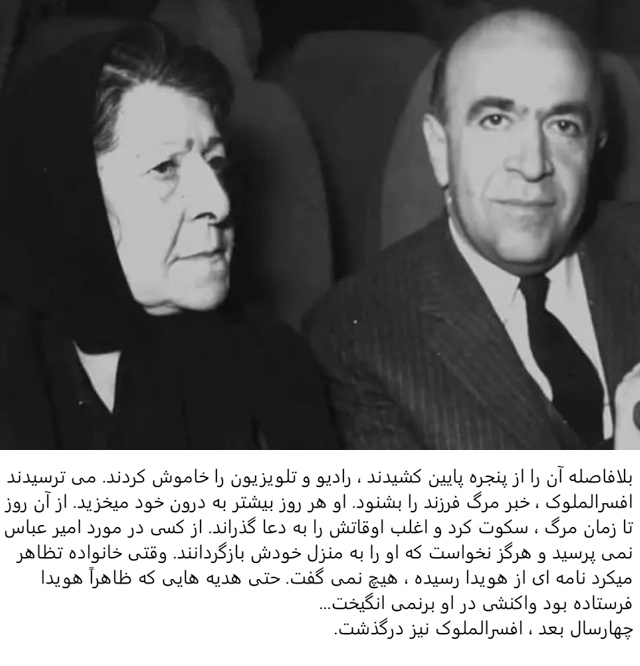As with many mothers in similar situations, especially when fathers are often away or pass away, the emotional bond tends to be strong. Hoveyda himself in his memoirs often refers to memories of his mother; even when memories are partial, they are mediated through her stories, her influence on how he viewed family, country, duty. Her presence would have been central to forming a sense of identity and anchoring him in his culture, even as he lived abroad.
Afsar-al-Moluk was born into the extended Qajar aristocracy at a time when that dynasty’s political power was fading but its social prestige remained significant. Women of Qajar noble families typically grew up in households that emphasized religion, court etiquette, poetry, and knowledge of family ancestry. Even without records of her exact birth, schooling, or parents, it is reasonable to picture a girl raised with private tutors or in an educated household, steeped in the rituals and networks of aristocratic life.


